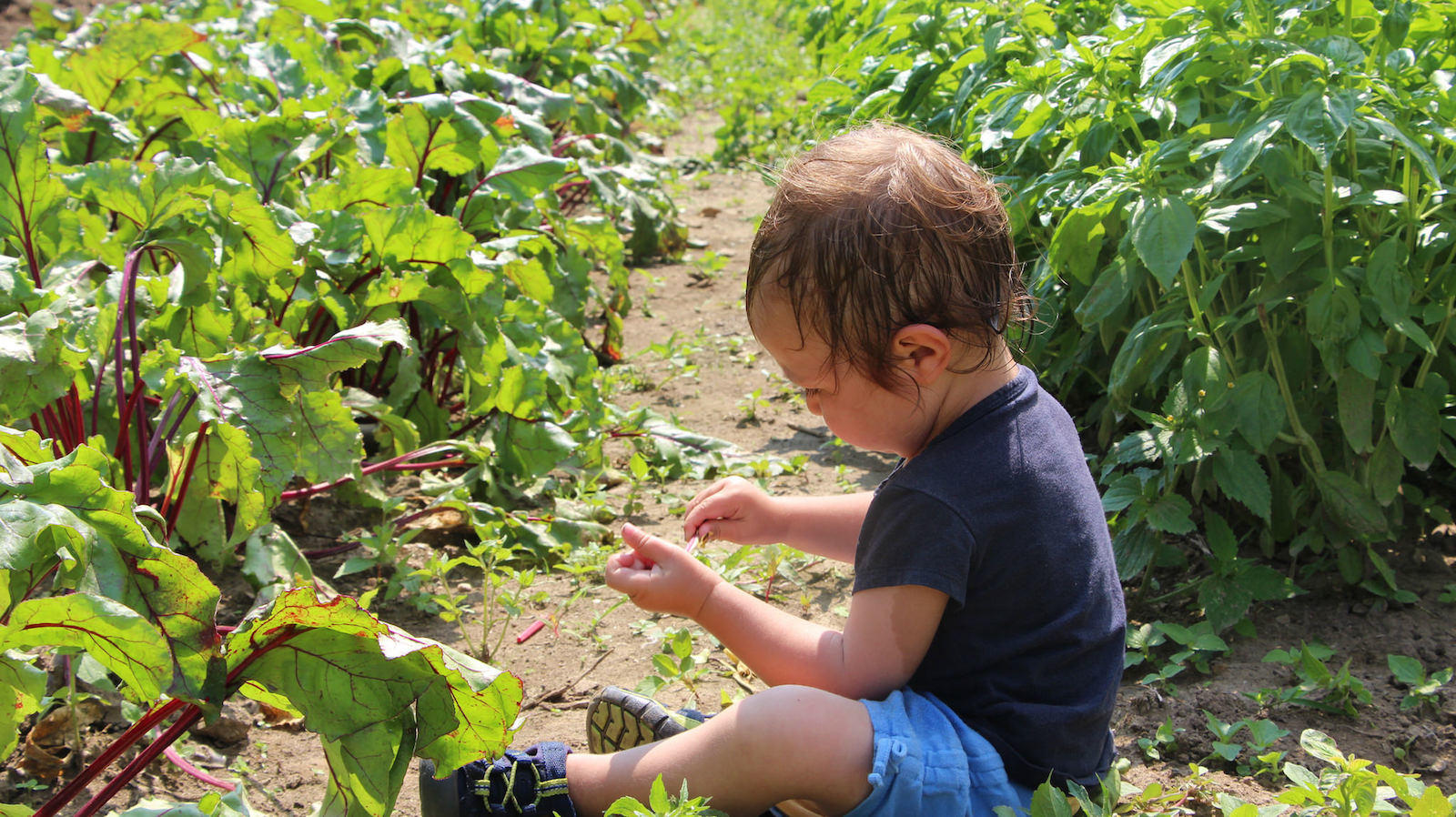Commentary on Parashat Ha'Azinu, Deuteronomy 32:1-52
Among the major contributors to suffering around the world is the inequitable distribution of land and resources. The richest 2% of adults in the world own more than half of global household wealth. On a more concrete level, in El Salvador, where I volunteered for 10 days on the AJWS Rabbinical Students’ Delegation, though the land was nominally redistributed in 1992, it was done far from equitably: The poorest people got the lowlands, which are prone to flooding, while the wealthiest held the fertile country, perpetuating the country’s economic inequalities.
In Parashat Ha’Azinu, the poetically describes an earlier time, when lands were apportioned by God to each nation:
Remember the days of old,
Consider the years of ages past;
Ask your father, he will inform you,
Your elders, they will tell you:
When the Most High gave nations their homes
And set the divisions of humanity,
Fixing the boundaries of peoples
In relation to Israel’s number.
(Deuteronomy 32:7-8)
Here the Torah seems to suggest that at one point in time, God divided populations in a way that was somehow equitable. All people had access to the land they needed. This is in keeping with the biblical Jubilee, which twice in a century required ancient Israelites to withdraw from lands that were not apportioned by the Torah to their ancestral family.
But what does it mean that God “fixed the boundaries of peoples in relation to Israel’s number” (l‘mispar b‘nei Yisrael)? One explains that before the days of Abraham, God dealt harshly with the world: The sins of Noah’s generation resulted in the flood; the generation that built the tower of Babel was dispersed throughout the globe, prompting the proliferation of languages; Sodom and Gomorrah‘s sins were answered with fire and brimstone. According to this Midrash, when Abraham came into the world, God ceased the cataclysmic punishments and set the punishments of other peoples in relationship to Israel’s presence in the world.

Help us keep Jewish knowledge accessible to millions of people around the world.
Your donation to My Jewish Learning fuels endless journeys of Jewish discovery. With your help, My Jewish Learning can continue to provide nonstop opportunities for learning, connection and growth.
This Midrash conveys that the Israelites’ presence somehow lessened God’s anger, bringing greater stability to the world. As Jews, then, the Midrash teaches, we have a unique ability and responsibility to bring peace and stability to the world.
The Number of God’s Children
But this Midrash is not the only interpretation. In the Dead Sea Scrolls and in some medieval translations of the Bible, the same verses refer not to Israel’s number but to “the number of divine beings” or “the number of God’s children” (l‘mispar b‘nei El). According to this interpretation, in the original reckoning, God apportioned the earth equally, based on the number of human beings. This interpretation invites us to imagine a time when God distributed the land with each person receiving an equal share. When we embrace our responsibility to walk in all of God’s ways, we, too, should strive to apportion resources equitably.
This short verse of Ha’Azinu, then, offers us two opportunities for reflection and action in the new year. First, as Jews, we have a unique capacity to improve the world and must translate that capacity into action on behalf of those who are suffering. And second, as we see ourselves created in God’s image, we must take action to bring about a more equitable distribution of resources to our world, if not literally in land then through tzedakah.
Provided by American Jewish World Service, pursuing global justice through grassroots change.



